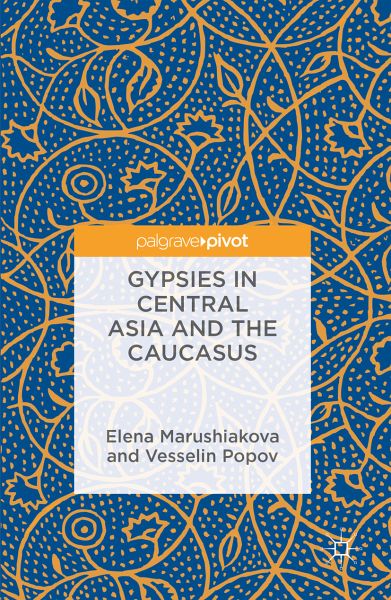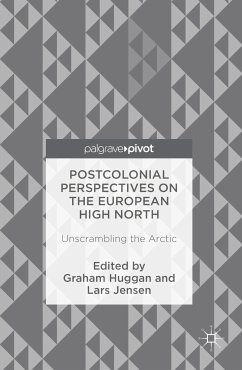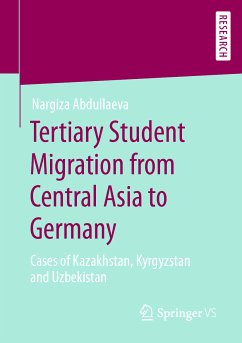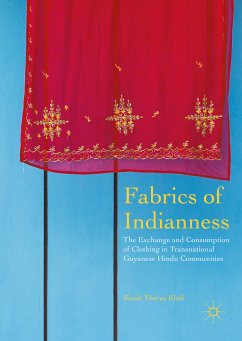
Gypsies in Central Asia and the Caucasus (eBook, PDF)
Versandkostenfrei!
Sofort per Download lieferbar
44,95 €
inkl. MwSt.
Weitere Ausgaben:

PAYBACK Punkte
22 °P sammeln!
This book explores diverse communities living in Central Asia and the Caucasus, who are generally gathered under the umbrella term of 'Gypsies', their multidimensional identities, self-appellations and labels given to them by surrounding populations, researcher and policy-makers. The book presents various Gypsy and Gypsy-like communities and provides a comprehensive review of their history, demography, ways of life, past and present occupations, and contemporary migration in post-Soviet space. The authors situate these communities in historical settings and also in the wider context of contemp...
This book explores diverse communities living in Central Asia and the Caucasus, who are generally gathered under the umbrella term of 'Gypsies', their multidimensional identities, self-appellations and labels given to them by surrounding populations, researcher and policy-makers. The book presents various Gypsy and Gypsy-like communities and provides a comprehensive review of their history, demography, ways of life, past and present occupations, and contemporary migration in post-Soviet space. The authors situate these communities in historical settings and also in the wider context of contemporary evolving global and areal developments.
The book will be of interest to scholars and students of history, sociology, social anthropology, nationalities studies, global and Central Asia and Caucasus areal studies, and Gypsy/Romani studies, and also for policy-makers and civic organizations.
The book will be of interest to scholars and students of history, sociology, social anthropology, nationalities studies, global and Central Asia and Caucasus areal studies, and Gypsy/Romani studies, and also for policy-makers and civic organizations.
Dieser Download kann aus rechtlichen Gründen nur mit Rechnungsadresse in A, B, BG, CY, CZ, D, DK, EW, E, FIN, F, GR, HR, H, IRL, I, LT, L, LR, M, NL, PL, P, R, S, SLO, SK ausgeliefert werden.












